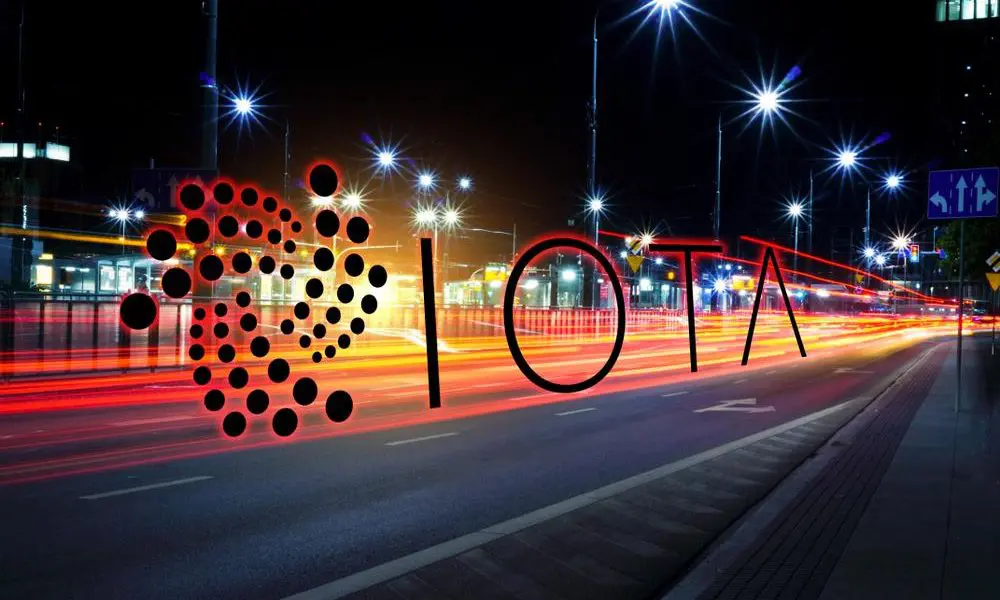- IOTA is one among the six protocols chosen for the Phase 2 development where it will concentrate on “research, prototype development and lab testing” for the EBSI network.
- IOTA Foundation will work towards addressing key challenges such as scalability, consensus, governance, identity, and interoperability.
The IOTA Foundation is turning out to be a preferred platform for building the European Blockchain Services Infrastructure (EBSI). On Thursday, January 13, IOTA announced that it has been selected for Phase 2 of the EU blockchain’s pre-commercial procurement process.
IOTA is one among the six applicants selected for Phase 2 development, out of the 35 participants in Phase 1. The official announcement reads:
The IOTA Foundation has been selected as one of five contractors for the second phase 2A of the pre-commercial procurement that will be developing prototypes and test which of those could bring the most promising improvements to future versions of the European Blockchain Services Infrastructure (EBSI).
IOTA said that the Phase 2A development and testing will last for a total of six months. Here, the IOTA Foundation will particularly concentrate on “research, prototype development and lab testing” for which it has secured some funding.
The IOTA team will work behind the use of IOTA technology in key areas such as scalability, interoperability, security, energy efficiency, identity, consensus, and governance. IOTA, along with other participants will work towards how the future evolutions of EBSI can evolve into a more energy-efficient, secure, scalable and interoperable architecture. One of IOTA’s key partners in this implementation will be Software AG.
Key areas where IOTA will be working for Phase 2 of EBSI
One of the key areas of focus for the IOTA Foundation during the Phase 2A trials will be integrating the IOTA protocol with the EBSI test infrastructure. It will also work towards improving the protocol for different EBSI use cases such as IoT, tokenization, and governance. The five main areas of focus for IOTA will be:
- Scalability: This is one of the key areas where EBSI stresses its focus to cater to an increasing audience in the long term. IOTA Foundation will be working on how sharding can be implemented in the EBSI blockchain to complement the latter’s DAG-based structure and committee-based smart contract protocol. It might result in exponential scalability thereby accommodating the high volume use as visioned by EBSI.
- Consensus: Implementation of a robust consensus mechanism for decentralized authentication and validation of transactions. For this, IOTA has built a mana-based approval weight mechanism that offers high flexibility for both – permissionless and permissioned use cases. This consensus mechanism shall be dynamic and configurable.
- Governance: IOTA solution needs to adapt to EBSI governance structures and other “requirements from the European Union, EBP member countries and different European Institutions and Regulators.”.
- Identity: IOTA will work towards implementing a GDPR-compliant Identity Solution with a new framework for EU digital identity proposed by the European Commission. This will allow businesses and citizens to have better control over their data.
- Interoperability: Along with scalability and decentralization, one of the key areas of focus for EBSI will be interoperability. IOTA will help in providing on-chain and off-chain bridges to other protocols outside EBSI. It will also provide support for Ethereum Virtual Machine (EVM) and other enterprise systems. IOTA said that its solution will provide support for industry-standard hardware boards and SDKs.


